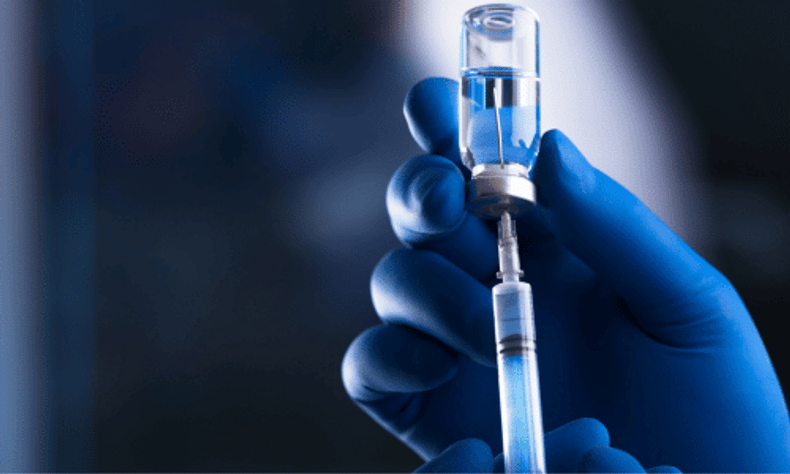When summer temperatures rise, so do the risks for those who rely on injectable medications at home. Whether you’re managing a chronic condition, fertility treatment, allergies, or another health issue, extreme heat can compromise both your medication and your supplies.
Heat doesn’t just make things uncomfortable—it can reduce the potency of your medication, damage syringe components, and lead to waste or ineffective treatment. But with a few precautions, you can keep everything safe, cool, and ready to use.
How Heat Affects Injections and Syringes
Many injectable medications are temperature-sensitive. Exposing them to high heat—even for a short time—can degrade their effectiveness or cause them to break down entirely. This is especially true for:
- Insulin and diabetes medications
- Fertility medications
- Allergy injectables (like epinephrine)
- Hormone therapies
- Some arthritis or autoimmune treatments
Syringes themselves can also be affected. Excessive heat may warp plastic, degrade rubber stoppers, or compromise sterility.
At-Home Storage Tips for Hot Weather
Even indoors, summer heat can sneak up on your supplies—especially if you live in a home without central air conditioning.
Here are a few storage best practices:
- Avoid direct sunlight. Store medications and syringes in a cool, dry place—never near windows or heat-generating appliances.
- Use a dedicated medication box. A small, insulated container (without ice packs) can help maintain a stable temperature inside your home.
- Follow manufacturer guidelines. Most injectable medications have a safe temperature range printed on the box or insert. If refrigeration is required, aim to keep meds between 36°F and 46°F.
Traveling with Injections in the Summer
Vacation or weekend trips are part of summer fun—but it’s important to plan ahead if you’ll be on the road with injectables.
Tips for travel:
- Use a cooler or insulated pouch. Medical-grade travel coolers are designed to keep medications within a safe range without freezing them.
- Avoid leaving supplies in the car. Even with the windows cracked, the inside of a car can exceed 100°F within minutes.
- Keep supplies with you. When flying, pack injectables in your carry-on bag with a cooling pouch and a note from your doctor (just in case airport security has questions).
Signs It’s Time to Replace Medications or Syringes
If you suspect your medications or syringes have been overheated, here are a few signs they may no longer be safe to use:
- The liquid looks cloudy, discolored, or has particles floating in it
- The syringe or vial feels unusually warm or warped
- The rubber stopper is cracked, dry, or swollen
- There’s any change in the smell, consistency, or packaging
When in doubt, it’s safer to dispose of affected supplies and start fresh. Better to be cautious than risk an ineffective or unsafe injection.
Stay Safe, Even When It’s Hot
Managing injections at home during the summer doesn’t have to be stressful. With a little planning and the right tools, you can protect your health—and your peace of mind—even in the heat.
Need to stock up on new syringes, needle-safe storage options, or backup supplies? Visit BulkSyringes.com for affordable, dependable products shipped directly to your door.

